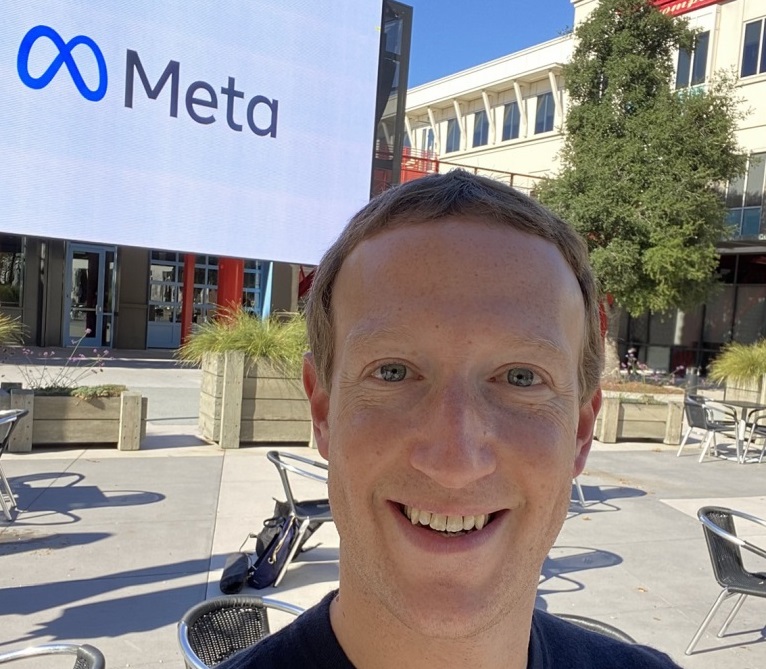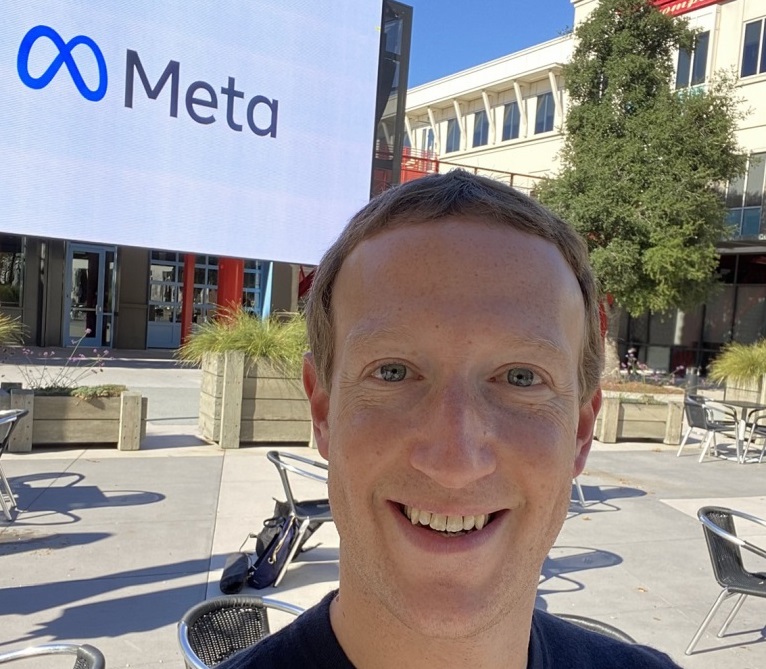Zuck rediscovers love of free speech – just in time for Trump 2.0
Will Mark Zuckerberg’s drastic policy changes tempt me back to Facebook? Nope. I quit the platform in 2010, after a friend request from an uncle made me realise it was no longer just a safe space for sharing morning-after-the-night-before photos and gags with university pals. Having left the party 15 years ago, it’s been interesting [...]


Will Mark Zuckerberg’s drastic policy changes tempt me back to Facebook? Nope.
I quit the platform in 2010, after a friend request from an uncle made me realise it was no longer just a safe space for sharing morning-after-the-night-before photos and gags with university pals.
Having left the party 15 years ago, it’s been interesting to watch from the outside as the platform – and the business – evolved into a global tech behemoth. I can remember the content moderation debate emerging somewhere around the middle of the last decade, and as Facebook became Meta – having absorbed WhatsApp and Instagram – the calls from governments and regulators to filter and prevent illegal or harmful content grew louder.
By the time Trump was running his first presidential campaign accusations of bias against the insurgent came thick and fast as the platform came under pressure to remove ‘fake news.’ Then came the pandemic, forcing even more of us online for even more of the day, and Facebook was busy suppressing lab leak theories and vaccine concerns as fast as anyone could type them.
Embarrassing stories about President Biden’s son were also blocked on the platform on the eve of Trump’s second run for the White White. Ultimately, Trump was banned from the site.
Nick Clegg was the face of much of Meta’s efforts to ‘clean up’ its platforms and promote respectable views, but last week the company announced his departure. And now we know why.
Facebook’s u-turn on censorship represents a staggering volte-face. There is, as they say, no zealot like a convert. Announcing the end of wholesale content moderation, Zuckerberg declared yesterday “it’s time to go back to our roots about free expression.”
It’s also time to cosy up to an incoming President, and it’s no coincidence that Elon Musk – the self-anointed Godfather of free speech – welcomed the policy change and celebrated the “vibe shift” it represents.
Zuckerberg laughably presents himself as a victim of woke censorship, though he went along with it right up to the point where it became politically (and potentially commercially) risky. We can laugh at his opportunism and question his motives, but we should also acknowledge that he’s right to say that dismantling content moderation in favour of more unrestricted speech “is a trade off.”
Of course it is.
It’s a trade off that carries risks and will leave many people feeling uncomfortable but, on the whole, it’s a trade off worth making – whatever his motivations.


